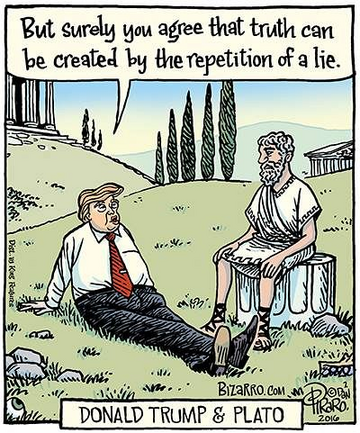henris42
Paranormal Maven
This is all very curious. But, if the phenoma is caused only by conciousness - why the photo and physical evidence?
The fact that there is real evidence, I'm not that fancy on all this co-creation conciousness stuff. The answer just cannot be that simple. My take is that there are actually many, many phenomenons. Maybe some of them are real, maybe some not.
That would also mean that there is simply not one answer. We probably cannot simply conceive the intricacies of the universe.
The fact that there is real evidence, I'm not that fancy on all this co-creation conciousness stuff. The answer just cannot be that simple. My take is that there are actually many, many phenomenons. Maybe some of them are real, maybe some not.
That would also mean that there is simply not one answer. We probably cannot simply conceive the intricacies of the universe.







